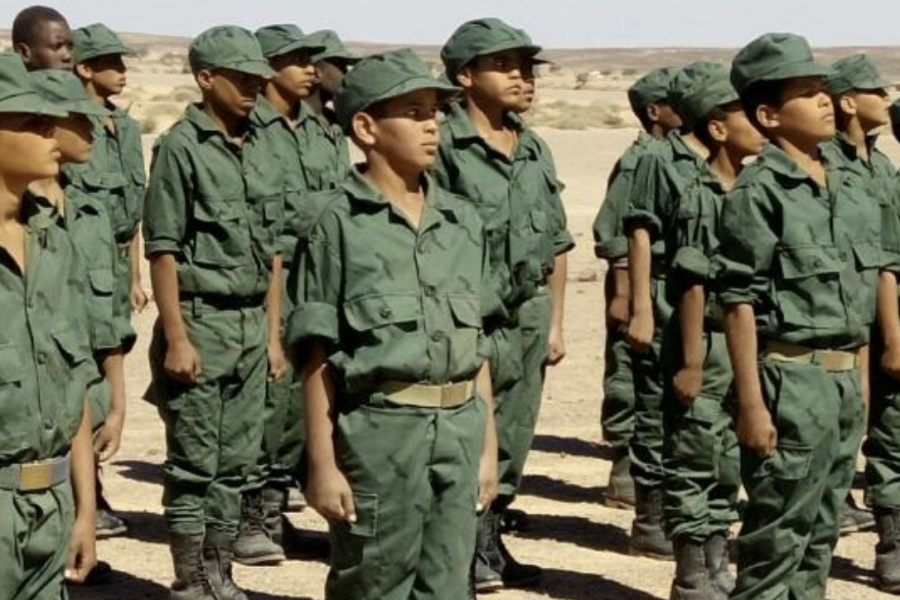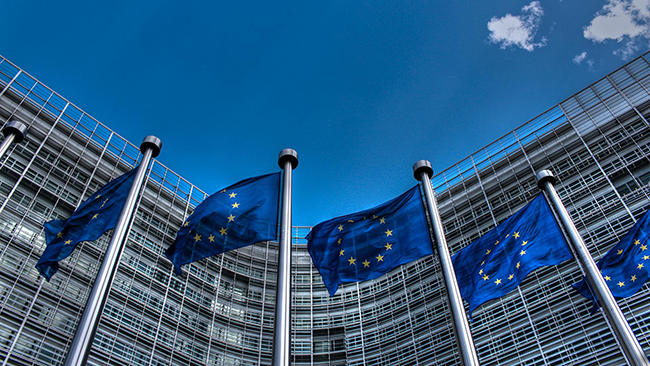The International Civil Diplomacy Group highlighted concerns about human rights in refugee camps, particularly in the Tindouf camps in Algeria, on the sidelines of the 56th session of the Human Rights Council in Geneva.
The discussion was moderated by Pedro Ignacio Altamirano, a political scientist and President of the "Altamirano Foundation," and brought together various experts to discuss critical challenges, including the plight of child soldiers in regions such as the Tindouf camps.
Judit Segarra, a Spanish activist, opened the discussions by addressing the ethical and psychological impacts of war on children. "Children in conflict, particularly in the Tindouf camps, are the most vulnerable victims. Their fundamental rights, such as security and education, are regularly flouted," she said.
Segarra highlighted the profound implications of violence on the moral development of these children, adding: "The moral dilemmas they face can alter their moral development, creating a dissonance between their intrinsic values and the brutal realities they experience."
Daniel Haener, a former Swiss diplomat, stressed the need for Europe to react to the recruitment of child soldiers. "Europe, having suffered from past wars, must be aware of the danger that child soldiers pose to security. It is imperative that measures are taken to prevent this scourge," he said.
Matteo Dominicci, a political scientist and international relations consultant, speaking via video conference, called children of war a "global cancer." He warned of the increase in the number of child soldiers in the Sahel and Tindouf. "In the face of international indifference, this situation requires an urgent and coordinated response to protect future generations and build lasting peace," he insisted.
Moulay Lahsen Naji, President of CIDH Africa and SG of the International Center for the Prevention of Child Soldiers in Dakhla, expressed his concerns about the Tindouf camps.
"Since the 1970s, these camps have housed thousands of Sahrawi refugees fleeing armed conflict. Fundamental rights, such as the right to life, physical integrity and freedom, are seriously violated there," he stressed.
Naji also highlighted the restrictions on movement imposed on refugees, limiting their access to economic opportunities and contributing to their prolonged isolation. He concluded by calling for the strict application of international humanitarian law to protect refugees.
Pedro Ignacio Altamirano described the deplorable conditions in the Tindouf camps, which he called "illegal detention centers." He denounced frequent human rights violations, including the denial of nationality, the military exploitation of the population, including the recruitment of children, and cases of sexual slavery. "It is crucial that the international community recognizes the Tindouf camps as illegal places of detention and takes steps to ensure that the human rights of the residents are respected," he said.
Altamirano also highlighted the opacity surrounding the distribution of international aid, questioning its effective use and calling for greater transparency to ensure that this aid actually benefits vulnerable populations.
The event shed light on often-ignored realities and reinforced the call for concerted international action. "The situation in the Tindouf camps and the broader issue of child soldiers in Africa must be addressed with the utmost urgency," Naji concluded. "By raising awareness, advocating for the application of international humanitarian law and taking concrete steps to protect the rights of refugees and children, we can work to end these flagrant violations and ensure a brighter future for all."
In short, this discussion in Geneva highlighted the collective responsibility of the international community to protect the most vulnerable and ensure that no more children are forced to bear the burden of armed conflict. The experts unanimously called for immediate action to end these devastating practices and promote peace and security for future generations.






